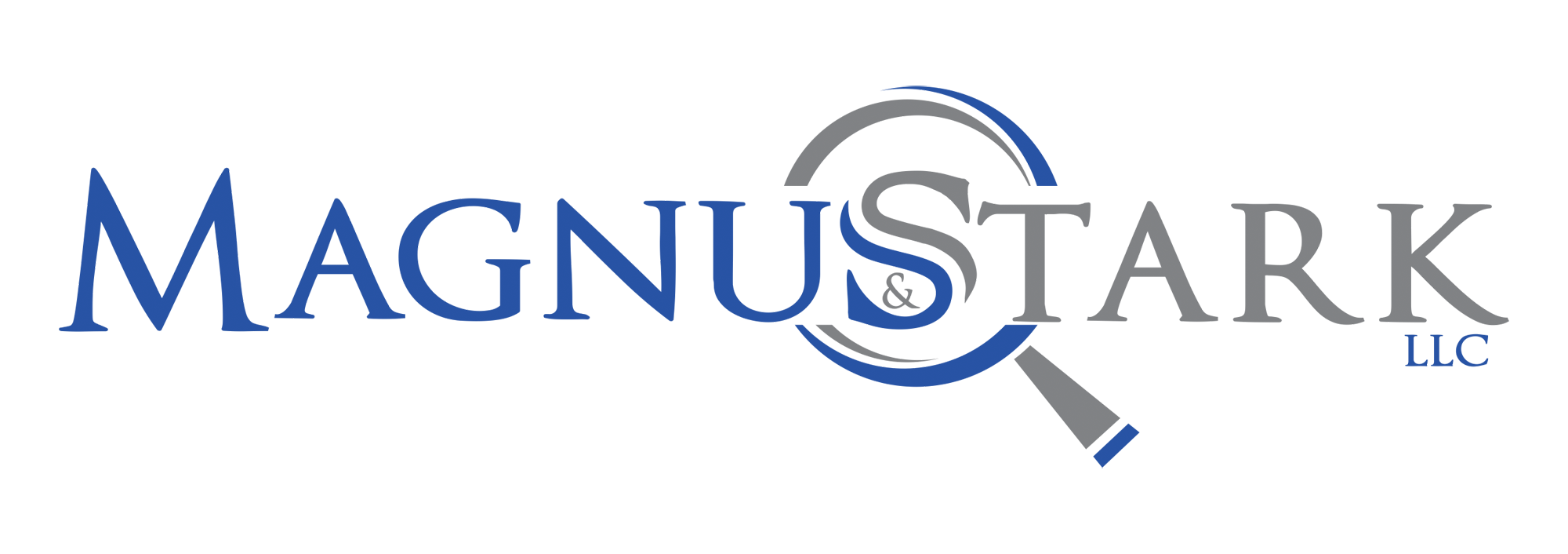Title: Demystifying Covert Surveillance Operations in Indianapolis, IN
As technology continues to advance and the need for enhanced security measures grows, covert surveillance operations have become an integral part of intelligence gathering and law enforcement efforts in cities like Indianapolis, IN. While the concept of covert surveillance may seem mysterious and shrouded in secrecy, understanding how these operations work can provide valuable insights into their importance and impact on public safety.
Covert surveillance involves the discreet monitoring of individuals, groups, or locations without their knowledge, with the aim of gathering information, preventing criminal activities, or protecting national security interests. In Indianapolis, law enforcement agencies and private security firms often utilize various techniques and technologies to conduct covert surveillance operations effectively.
One of the key components of covert surveillance operations is the use of sophisticated surveillance equipment, such as hidden cameras, GPS trackers, and audio recording devices. These tools allow investigators to observe and document activities without alerting the subjects under surveillance. In addition, advanced software and data analysis techniques are often employed to sift through vast amounts of information and identify patterns or anomalies that may be indicative of illicit behavior.
In Indianapolis, covert surveillance operations are carefully planned and executed by trained professionals who adhere to strict legal and ethical guidelines. Law enforcement agencies must obtain appropriate warrants and permissions before conducting surveillance activities to ensure that individuals’ privacy rights are protected. Additionally, surveillance data must be handled and stored in a secure manner to prevent unauthorized access or misuse.
The benefits of covert surveillance operations in Indianapolis are far-reaching. By gathering actionable intelligence and evidence, law enforcement agencies can effectively combat crime, disrupt criminal networks, and enhance public safety. Covert surveillance also plays a crucial role in counterterrorism efforts, intelligence gathering, and protecting critical infrastructure in the city.
However, it is essential to recognize that covert surveillance operations must be conducted responsibly and transparently. Oversight mechanisms, such as judicial review and independent audits, help ensure that surveillance activities are conducted within the confines of the law and respect individuals’ civil liberties.
In conclusion, understanding covert surveillance operations in Indianapolis is crucial for appreciating their role in maintaining public safety and security. By demystifying these operations and shedding light on their methodologies and safeguards, we can foster a greater awareness of the importance of surveillance in a modern society. As technology continues to evolve, it is imperative that we strike a balance between security concerns and individual privacy rights to ensure a safe and secure environment for all residents of Indianapolis.

